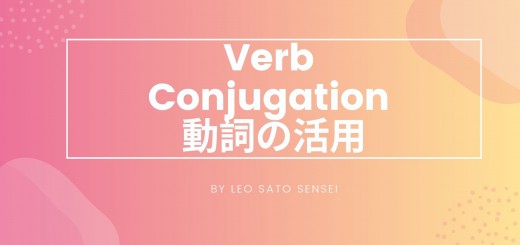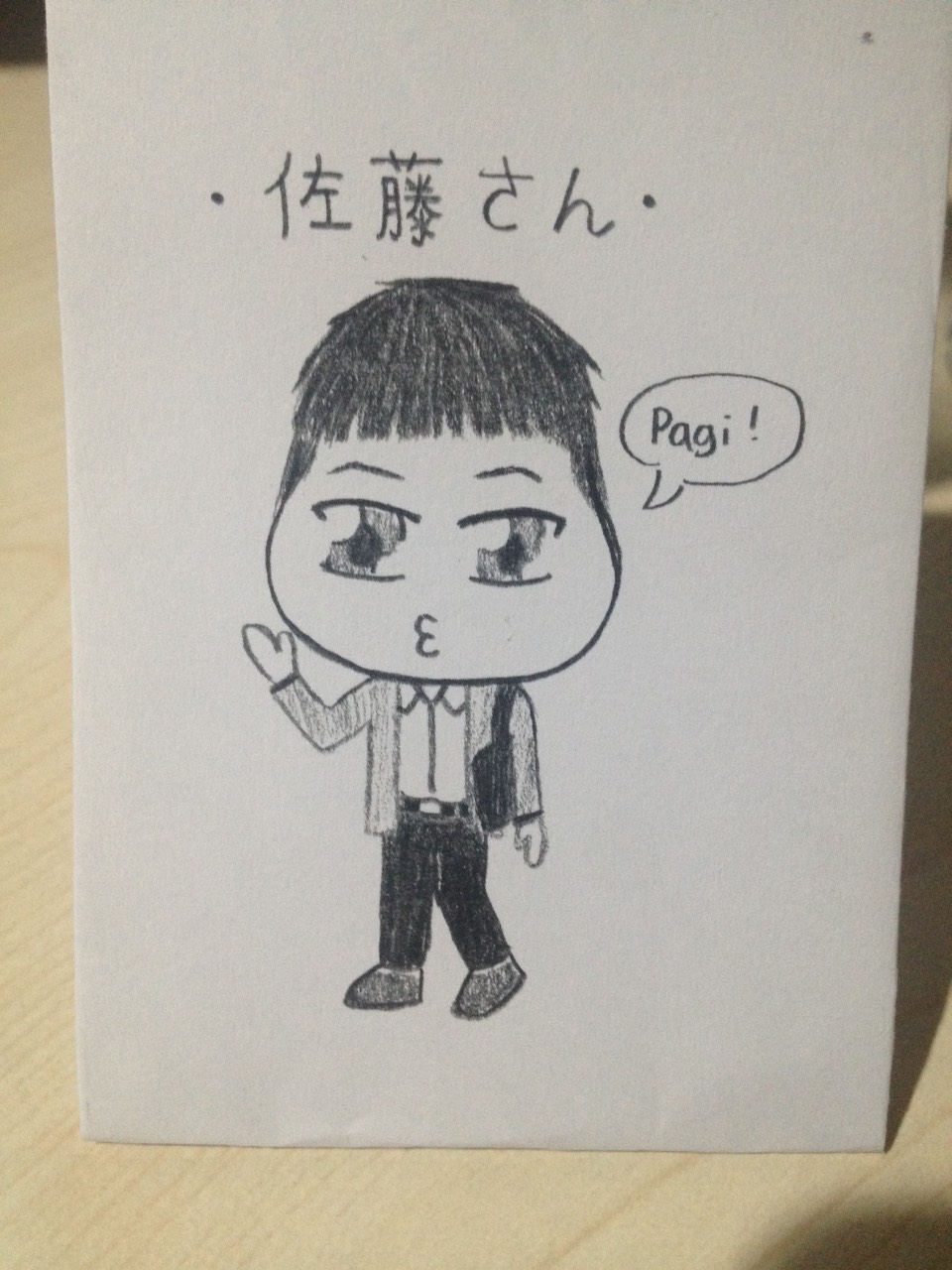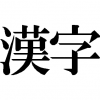Particle – “は (wa)” and “が(ga)”
Let’s study particle “は(wa)” and “が(ga)” in this session. Both are very very very important and you should learn at first. Both have similar meaning but should be used in different situation.
“は(wa)”
This is very important and frequently used because this relates to subject.
Particle “は(wa)” mainly has two meanings, subject and contrast.
① Subject
Particle “wa” marks a topic of a sentence. A word or phrase preceding “wa” is specific subject, something already mentioned before or obvious from the context or universally accepted facts.
Ex a)
Japanese:メリアさんは不動産の会社で働いています。
(Melia san wa fudousan no kaisya de hataraite imasu)
In this sentence “wa” shows ” Melia san” preceding “wa” is specific subject. This sentence means in English that “Melia works for property company.”
Ex b)
南極はとても寒いです。
(Nankyoku wa totemo samui desu)
In this sentence “wa” shows ” Nankyoku” preceding “wa” is universally accepted facts. This sentence means in English that “South pole is very cold.”
② Contrast
The particle “wa” also shows the contrast of a word or phrase marked by “wa” with something else.
Ex c)
いつも遅刻しないが、きょうは遅刻した。
(Itsumo chikoku shinai ga kyou wa chikoku shita)
This sentence means in English that “I am not usually late but I am late today.” Maybe something happened to him or her… This “wa” shows today is not unusual day compared with other day.
“が(ga)”
Particle “が(ga)” mainly has two meanings, subject and subject in a subordinate sentence.
① Subject
Particle “ga” marks the subject of a sentence like “は(wa)”. In case the subject has a constractive element, its subject-marker, “ga” can be replaced by “wa”. And when a WH-word(who, when, which etc) is the subject of a sentence, it is always follwed by the particle “ga” and in the response to the question, the subject is also marked by “ga”.
Ex d)
きょうが私の誕生日です。
(Kyou ga watashi no tanjyoubi desu)
You can replace “ga” by “wa” in this sentence. Today is my birthday not tomorrow, not yesterday….it is a constractive element. This sentence means in English that “Today is my birthday.”
Ex e)
誰が明日のミーティングに参加しますか? Carolineが参加します。
(dare ga asuno meeting ni sanka shimasu ka? Caroline ga sanka shimasu)
You can not replace “ga” by “wa” in this sentence. In the first sentence, this subject is WH-word, who. In the second sentence, this sentence is the response to the question. This sentence means in English that “Who will join the meeting tomorrow? Caroline will join.”
② Subject in a subordinate sentence
The subject in a subordinate sentence is marked by “ga” if it is not the same as the subject of the main sentence.
Ex f)
私が仕事をしているとき、Tissyは寝ていました。
(watashi ga shigoto wo siteiru toki Tissy wa neteimashita)
The subject in a subordinate(watashi ga shigoto wo siteiru toki) sentence is marked by “ga” and subject of the main sentence is not same. This sentence means in English that “When I was working, Tissy was sleeping.”
What is the difference between “は(wa)” and “が(ga)”?
Both “は(wa)” and “が(ga)” show subjects in sentence. However, there is clear difference. A word or phrase preceding “ga“ is the subject of a sentence which is introduced as a new information in the conversation or context. It puts a focus on the elements preceding “ga”. In example d, when using “ga”, talker wants to emphasize “TODAY is my birthday”. Someone around him or her may think birthday is tomorrow. Then he or she wants to say “NO, TODAY is my birthday” and today is new information for this someone.
Points
Particle “は(wa)” mainly has two meanings, subject and contrast.
Particle “が(ga)” mainly has two meanings, subject and subject in a subordinate sentence.
And this is Particle General – 助詞(Jyoshi) まとめ
How was this post?
If you like this or feel this is useful, please share on Facebook and retweet on Twitter!
If you wanna join Leo Sensei’s group on Facebook, click Facebook mark on top or bottom and send friend request to me. You can get updated information and ask me freely about Japanese language and culture and so on.


















